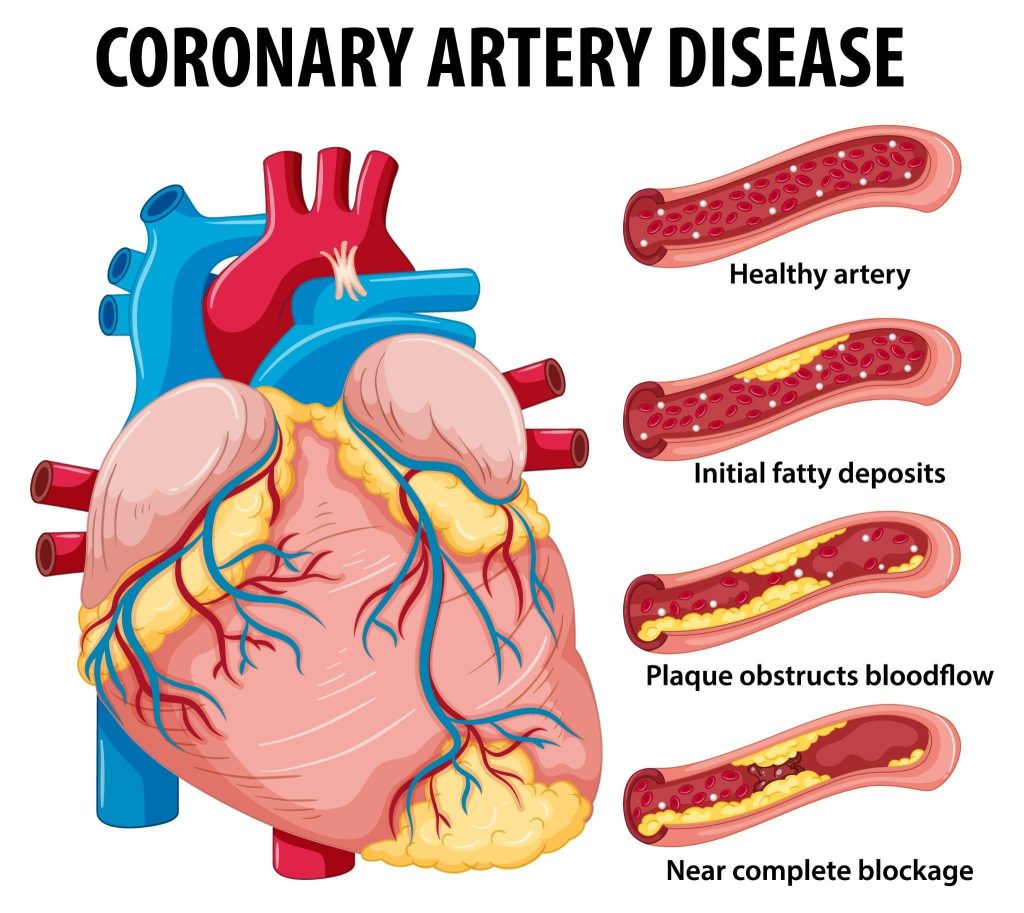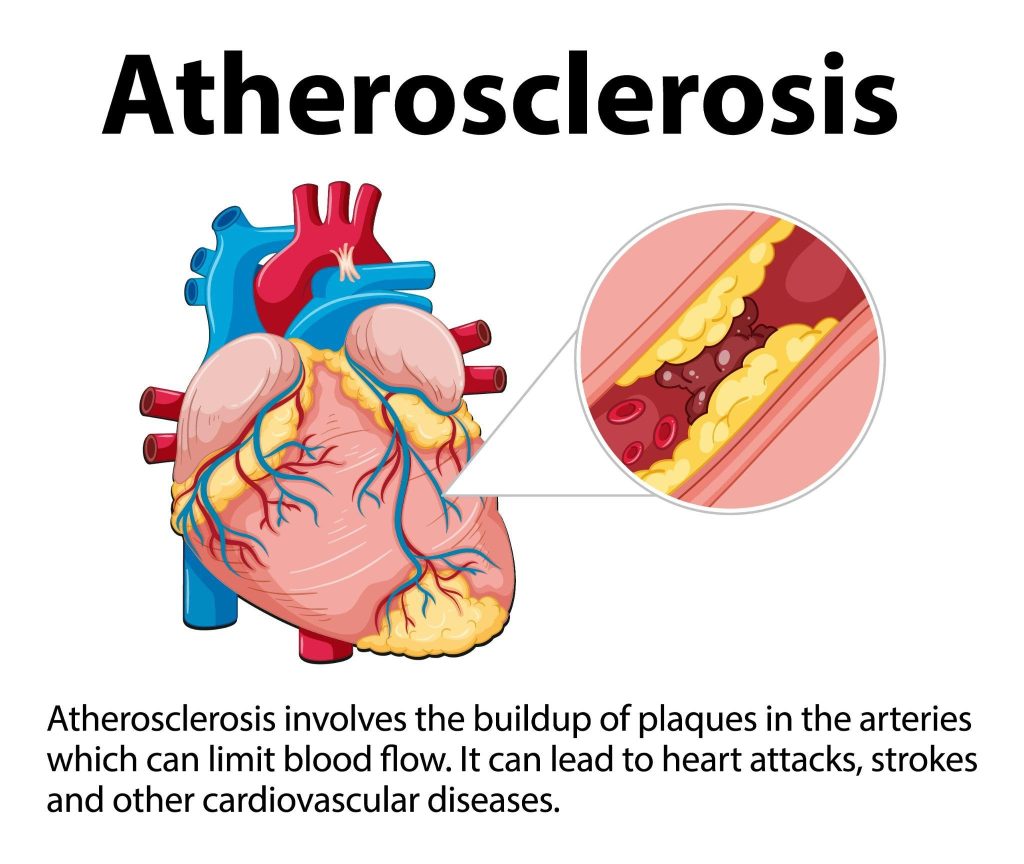Ischemic Heart Disease: The Silent Killer
Ischemic heart disease (IHD), also known as coronary artery disease, is a serious condition that occurs when blood flow to the heart is reduced or blocked.
By Aadicura | 22 December 2023What is Ischemic Heart Disease?
Ischemic heart disease (IHD), also known as coronary artery disease (CAD), is a serious condition that occurs when blood flow to the heart is reduced or blocked due to the buildup of fatty deposits (atherosclerosis) in the coronary arteries. This can damage the heart muscle and lead to angina (chest pain), heart attack, and even death.

How to identify Symptoms?
IHD can be a silent killer, meaning that people may not experience any symptoms until they have a heart attack. However, many people with IHD may experience angina, which is a feeling of chest pain, heaviness or discomfort. Angina is often caused by exertion, stress, or cold weather.
Besides Angina, other symptoms are
- Shortness of breath
- Fatigue
- Dizziness
- Lightheadedness
What causes IHD?
The most common cause of IHD is atherosclerosis, a buildup of plaque in the arteries that supply blood to the heart. Plaque is made up of cholesterol, fat, calcium, and other substances. Over time, plaque can harden and narrow the arteries, reducing blood flow to the heart.

There are several other risk factors that contribute to IHD:
- High Blood Pressure: Elevated blood pressure can strain the heart and contribute to the development of IHD.
- Smoking: Tobacco smoke contains chemicals that can damage blood vessels and increase the risk of atherosclerosis.
- High Cholesterol: Elevated levels of cholesterol can lead to the accumulation of plaque in the arteries.
- Diabetes: One of the strongest risk factor for heart disease. Individuals with diabetes are at a higher risk of developing cardiovascular diseases, including IHD.
- Obesity
- Family history of IHD
How does a doctor diagnose IHD?
IHD can be diagnosed with a variety of tests, including:
- Electrocardiogram (ECG)
- Echocardiogram
- Stress test or stress echocardiogram
- Coronary angiography
Treatments for IHD
Treatment can help to improve symptoms and reduce the risk of complications. Treatments for IHD includes:
- Lifestyle changes, such as quitting smoking, eating a healthy diet, and exercising regularly, good sleep, stress management etc.
- Medications, such as aspirin, statins, and beta-blockers
- Proper treatment of Diabetes, high blood pressure and high cholesterol.
- Procedures, such as angioplasty and stent placement or bypass surgery in selected cases.
- Remember… lifelong medicines are required once you are diagnosed with heart disease to reduce risk of recurrence and complications.
What are the preventive measures you can take?
- Healthy Diet: Emphasize a diet rich in fruits, vegetables, whole grains, low fat dairy products
- Regular Exercise: Engage in regular physical activity of at least 30minutes a day to maintain a healthy weight and promote cardiovascular health.
- Quit Smoking: If you smoke, quitting is one of the most impactful steps you can take to protect your heart.
- Manage Blood Pressure and Cholesterol: Regular monitoring and management of blood pressure and cholesterol levels are crucial.
- Maintaining a healthy weight.
- Managing your diabetes.
Seek help! I’m
If you are experiencing any of the symptoms of IHD, it is important to see your doctor right away. Early diagnosis and treatment can help to prevent complications and improve your quality of life.
At Aadicura, our team of dedicated doctors is committed to providing personalized and comprehensive care to each patient. With years of experience in their respective fields, our doctors ensure that you receive the highest quality medical attention.






